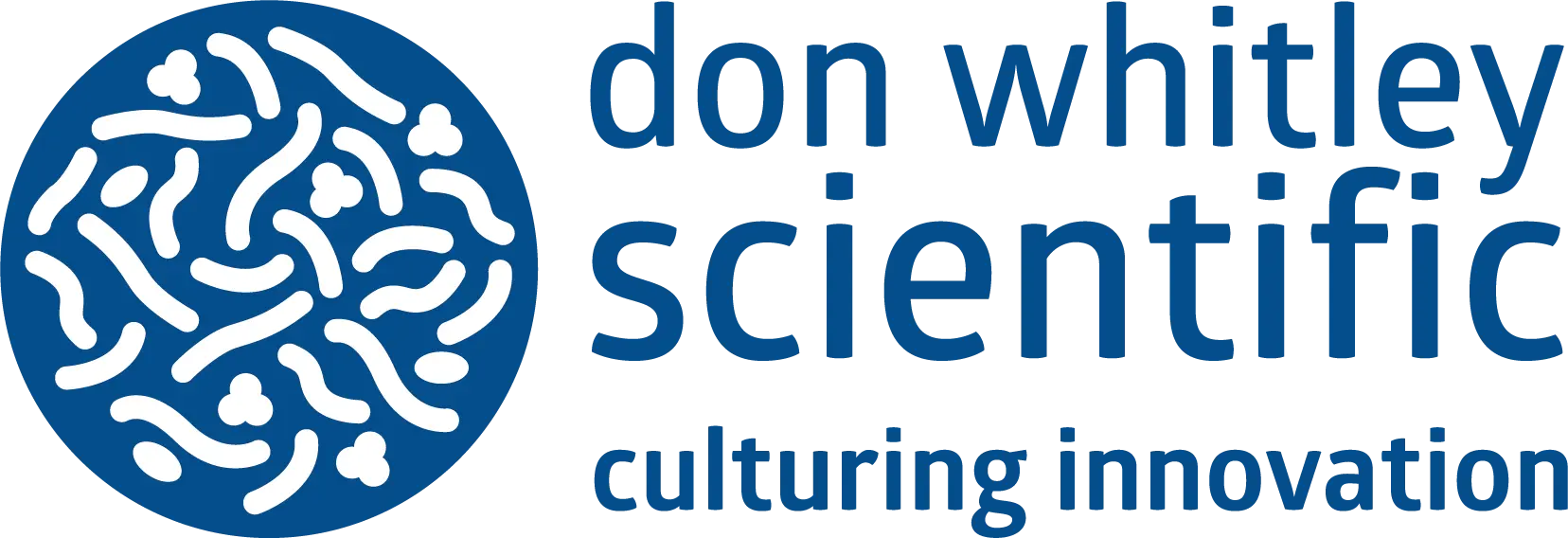The diverse roles of human and animal gut microbiota in health and disease
Date: Wednesday, 18 May 2022
Watch the recorded seminar Register here
Hilary Browne
Ecology of human gut spore-forming bacteria
Dr Hilary Browne is a Senior Staff Scientist in the Host-Microbiota Interactions Laboratory led by Dr Trevor Lawley at the Wellcome Sanger Institute. His research has developed techniques to culture and isolate gut bacteria at scale, which includes many spore-formers. The majority of bacterial species in the intestinal microbiota are capable of producing resilient spores that promote transmission of anaerobic bacteria between their human hosts. Hilary seeks to understand the ecology and evolution of bacterial spore-formers and their functions in the human intestinal microbiota.
Leslie Hoyles
Microbiota-associated metabolites and their interactions with the gut-brain axis
Lesley Hoyles is a Professor of Microbiome and Systems Biology at Nottingham Trent University. She is a gut microbiologist and bioinformatician. Lesley combines microbiology and bioinformatics approaches in vitro and in vivo to understand how members of the gut microbiota function and influence human health and disease. Using integrated systems-level approaches, she has defined the contribution of the microbiome and its metabolites to non-alcoholic fatty liver disease, metabolic retroconversion and integrity of the blood-brain barrier.
Andrew Pridmore
The hidden role of the Don Whitley Scientific Laboratory
Andrew has been with DWS since 1991, when he joined as a new graduate. He subsequently completed a PhD on the phenotypic, metabolic and molecular responses of anaerobic bacteria to oxygen exposure, concentrating on bacteria associated with periodontal disease. He currently manages our in-house microbiology laboratory, where we continue to work with fastidious anaerobes on a daily basis. A major area of work is antibiotic susceptibility testing of anaerobes on behalf of our contract research clients.
In recent years Andrew has also overseen work on the culture, enumeration and susceptibility testing of highly fastidious anaerobe strains from the normal human microbiota, which are being developed as Live Biotherapeutic Products.
Christian Zenner
Targeted gut microbiota interventions to modulate immune responses in chicken
During his training as a lab technician from 2007-2010, Dr Zenner developed his passion for microbiology by working in different veterinary diagnostics labs. In 2011, he started studying Veterinary Medicine at the Ludwig-Maximilians-University (LMU) Munich. After finishing his studies in 2017, Dr Zenner started his veterinary medical doctor in the lab of Professor Bernd Kaspers (LMU) in collaboration with Professor Thomas Clavel (RWTH). His work focused on strategies to modulate immune responses via the gut microbiome in chicken. Since 2021, he is working in the lab of Professor Lindsay Hall at Technical University Munich (TUM), focusing on early-life microbiomes in humans and animal species.
Event hosted and organised by Don Whitley Scientific Limited.


 en
en

 English
English